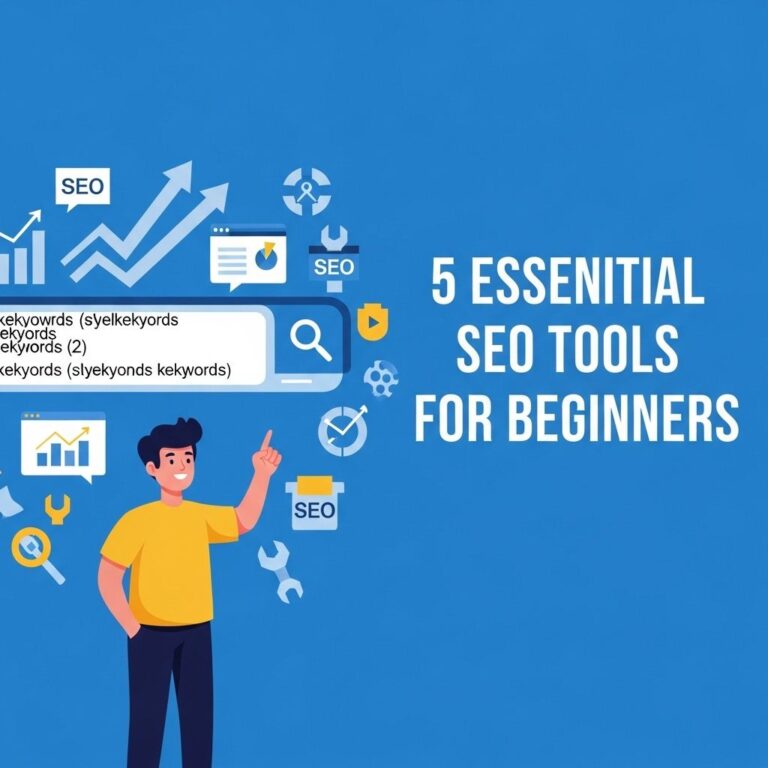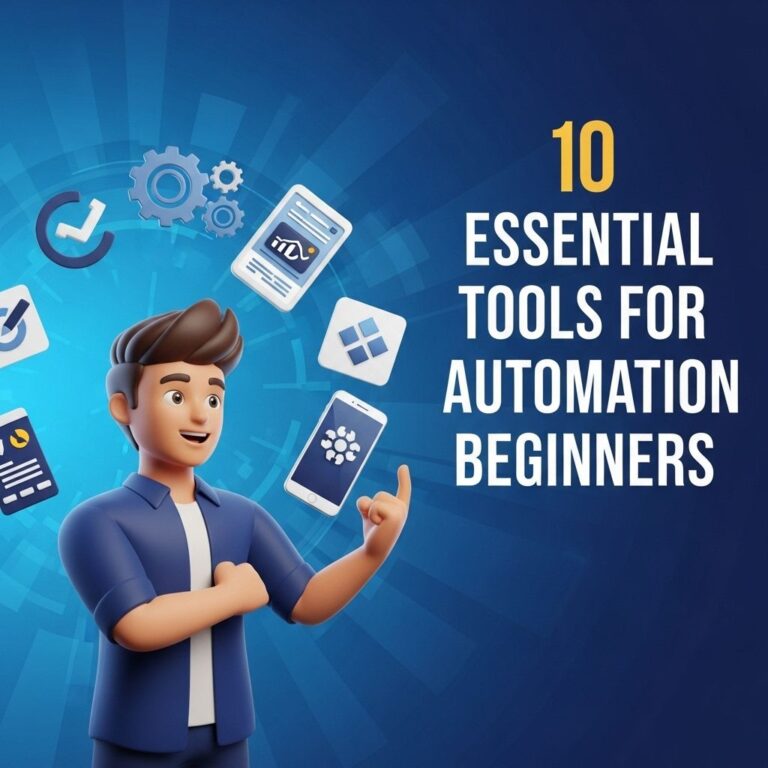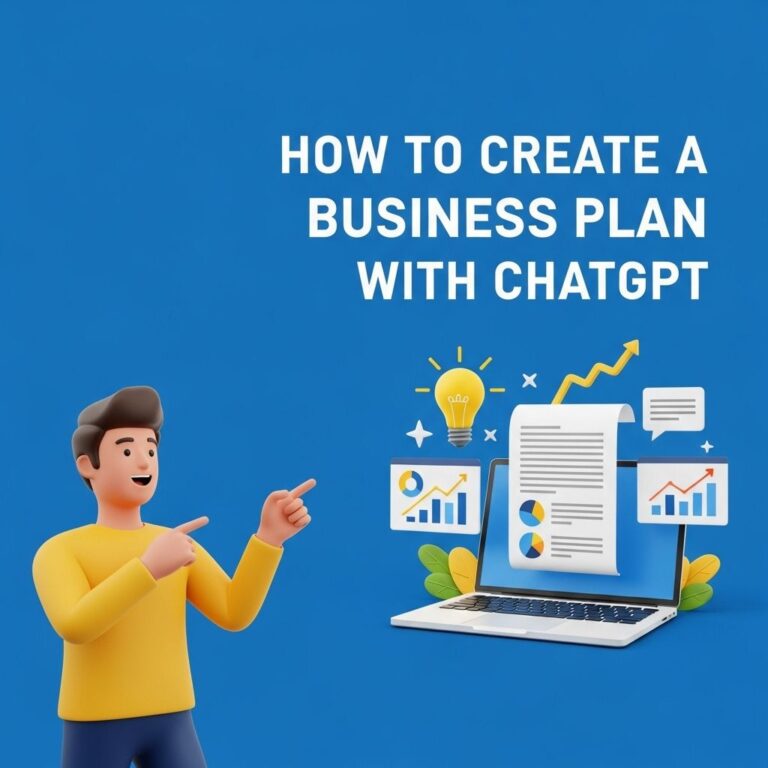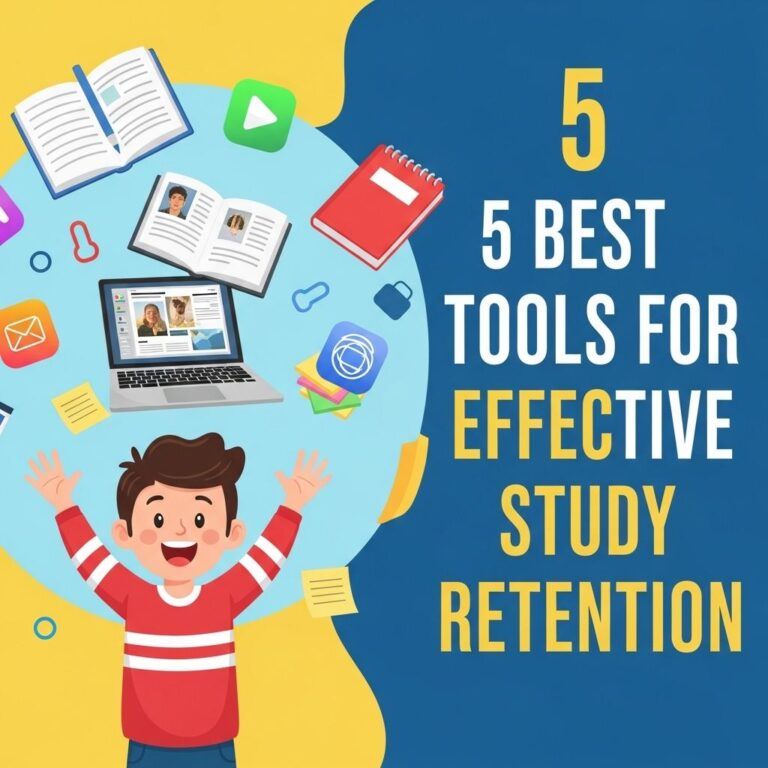In the fast-paced world of startups and innovation, the ability to test an idea before fully committing resources is crucial. Whether you’re an entrepreneur looking to validate a business concept or a developer aiming to gauge user interest in a new app, leveraging the right tools can make all the difference. This article explores five powerful tools that can help you test your idea effectively, allowing you to gather valuable insights, refine your concepts, and ultimately enhance your chances of success.
Table of Contents
1. SurveyMonkey
SurveyMonkey is a popular online survey tool that allows you to create customized surveys to gather feedback from potential users. This platform is especially effective for understanding market demands and consumer preferences.
Key Features:
- Intuitive drag-and-drop interface for creating surveys
- Variety of question types, including multiple-choice, rating scales, and open-ended questions
- Advanced analytics to interpret results
- Integration capabilities with other tools such as Slack and Mailchimp
With over 20 million users, SurveyMonkey helps you reach your target audience quickly, making it a strong choice for initial idea validation.
2. Google Forms
Google Forms is a free tool that enables users to create surveys, quizzes, and questionnaires easily. It’s ideal for those who need a simple and effective way to gather data.
Advantages:
- No cost involved, making it accessible for startups with limited budgets
- Easy sharing through links and email
- Real-time collaboration features for team input
- Automatic data collection in Google Sheets for analysis
While Google Forms may not have all the advanced features of SurveyMonkey, its simplicity and integration with the Google ecosystem are substantial advantages.
3. A/B Testing with Optimizely
Optimizely is a powerful A/B testing tool that allows you to experiment with different variations of your website or app. By testing how users respond to changes, you can make data-driven decisions about which versions perform better.
How It Works:
Optimizely provides a visual editor that enables you to modify your webpage without requiring extensive technical skills. You can create different versions of a page and track user interactions to determine which performs better based on metrics such as:
- Click-through rates
- Conversion rates
- Engagement levels
This tool is especially beneficial for tech startups that are looking to optimize their user interface and enhance user experience.
4. Lean Startup Methodology with The Lean Canvas
The Lean Canvas is a strategic tool that helps entrepreneurs visualize their business model on a single page. It follows the principles of the Lean Startup methodology, focusing on quickly validating ideas before investing significant resources.
Components of the Lean Canvas:
| Component | Description |
|---|---|
| Problem | Identify the top three problems you aim to solve. |
| Solution | Outline your unique value propositions and solutions. |
| Key Metrics | Determine how you will measure success. |
| Channels | Specify the path to customers. |
| Customer Segments | Define your target audience. |
| Cost Structure | Analyze all potential costs. |
| Revenue Streams | Identify how you plan to make money. |
This canvas provides a clear overview of your business model while prompting critical questions that can lead to valuable insights.
5. Prototype Testing with InVision
InVision is a design and prototyping tool that allows you to create interactive mockups of your app or website. Users can click through your prototype just like they would in the final product, providing real-time feedback on usability and design.
Key Benefits:
- Ability to simulate user experience before development
- Collaboration features for team feedback
- Integration with tools like Sketch and Photoshop
- User testing capabilities to gather direct feedback
By using InVision, you can validate design choices and user journey flows, which is essential for ensuring your final product meets user expectations.
Conclusion
Testing your idea is an essential step in the development process that can save time, effort, and resources. Utilizing these five powerful tools—SurveyMonkey, Google Forms, Optimizely, The Lean Canvas, and InVision—can help you gather the insights you need to validate your concepts effectively. By leveraging data-driven decisions and user feedback, you can enhance your chances of launching a successful product.
FAQ
What are the best tools to test a business idea?
Some of the best tools to test a business idea include surveys and feedback forms, prototyping tools like InVision, A/B testing platforms such as Optimizely, customer development software like Validately, and analytics tools such as Google Analytics.
How can I validate my business idea before launching?
You can validate your business idea by conducting market research, gathering customer feedback, creating a minimum viable product (MVP), using prototyping tools, and running A/B tests to measure interest and engagement.
What is a minimum viable product (MVP)?
A minimum viable product (MVP) is the simplest version of your product that allows you to launch quickly, gather user feedback, and iterate based on real user experiences.
Why is customer feedback important in testing a business idea?
Customer feedback is crucial as it provides insights into user needs, preferences, and pain points, helping you refine your idea and increase the chances of success.
How can I use analytics tools to test my idea?
Analytics tools can track user behavior, engagement, and conversion rates, providing valuable data that helps you understand how your idea resonates with your target audience.









